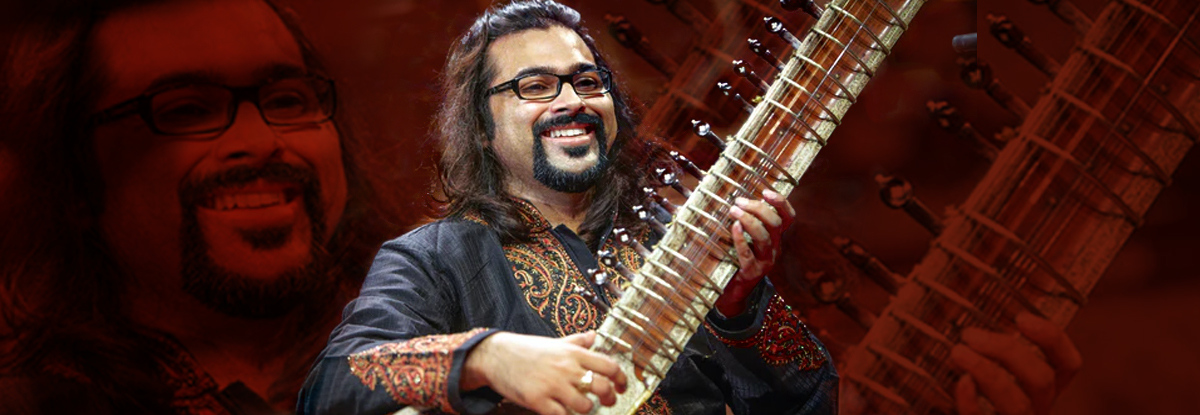A DATE WITH PURBAYAN CHATTERJEE
“I try and make music that reflects our time, our reality,” says Purbayan Chatterjee over a meal at Square 4o5ʼs impeccable cuisine at Mani Square. He is in Kolkata just for a couple of days before returning to Mumbai where he has set up a second home. “To make space for yourself in the world of classical music is a process that is difficult as Bollywood rules the roost. So the kind of music any serious classical musician makes has to be impeccable. In our field there is only the very best. And then the rest of the world follows!”
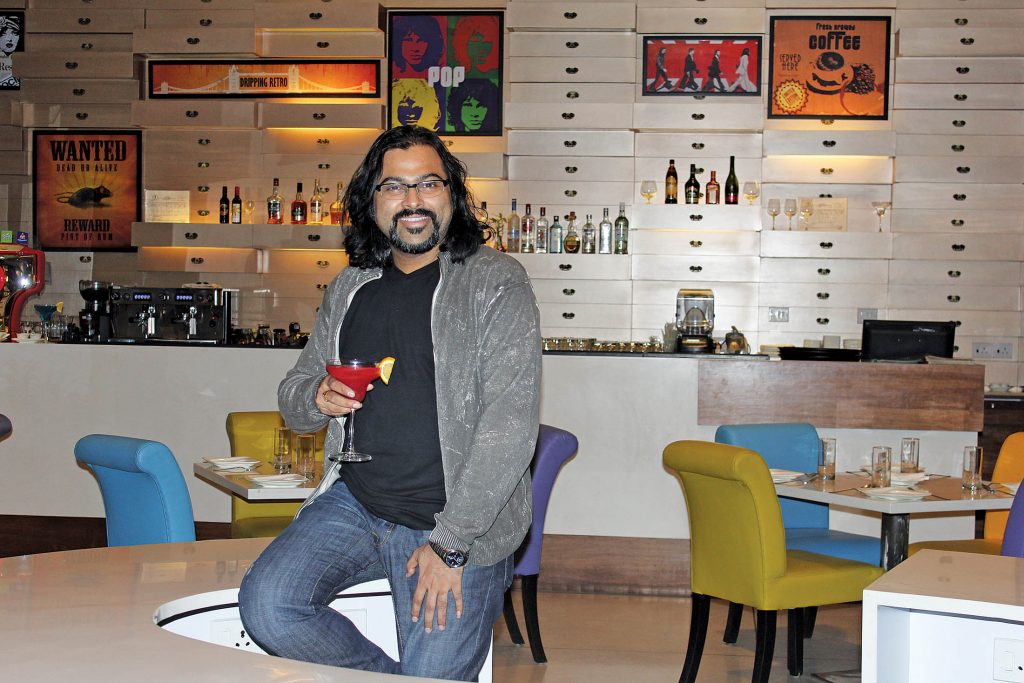
An accomplished Indian classical sitar player, Purbayan Chatterjee is certainly a musician to look out for in todayʼs plethora of mediocrity. He is passionate about his craft and a purist in several ways, even as he jams with world renowned musicians to make new-age music. His music has been appreciated by legendary greats like Pat Metheney, Chick Corea and Bella Fleck as he is noted for amalgamating traditional Indian classical music with contemporary world music genres. Purbayan has made his presence felt at the Bath International Music Festival and WOMAD in UK, the International Music Symposium in Germany, The Port Fairy Folk Festival in Australia, The North Sea Jazz Festival in Capetown and several other renowned international music venues.
Purbayan presented his first incredible recital at the age of five at the India Festival in Basel in 1982. As the most talented successor of the Senia-Maihar Gharana of Baba Alauddin Khan, he has emerged as a commanding power in the world of Indian Classical Music.
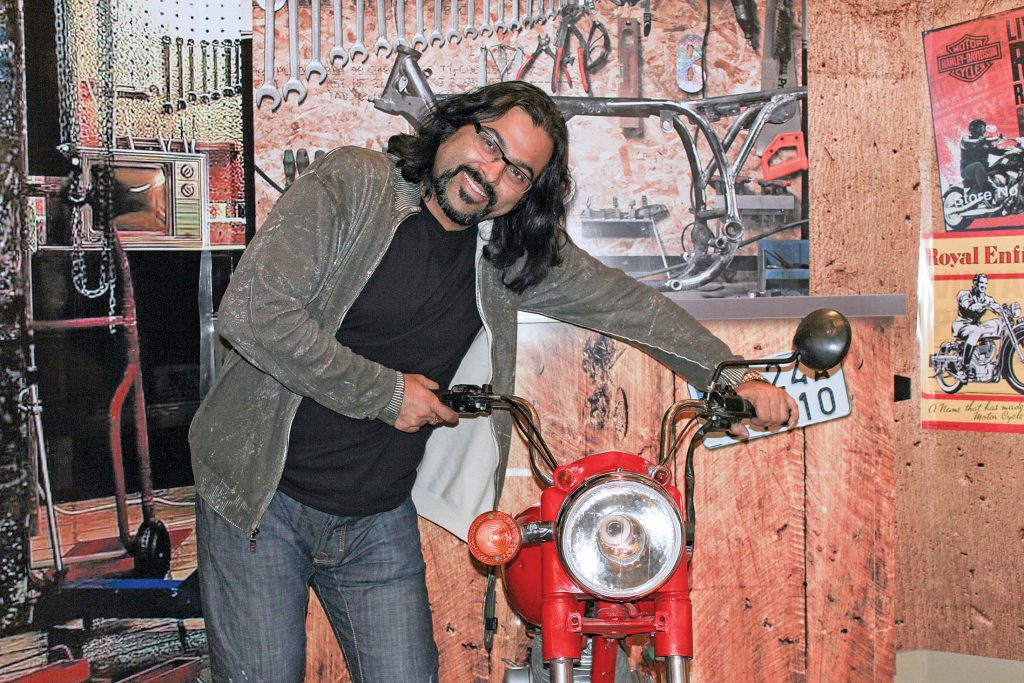
At the tender age of three, he stunned his family and friends with his extraordinary capacity of interpreting each single song that he heard. Purbayan wasintroduced to sitar when he was just four years old by his father, Shri Parthapratim Chatterjee, a student of legendary maestros like Pandit Nikhil Bannerjee and Ustad Ali Akbar Khan and a celebrated sitar player in his own right. Purbayan later tutored under Ustad Ali Akbar Khan.Purbayan has represented India within the country and in all the major India festivals around the globe. The prestigious festivals in India include the Dover-Lane, the Sawai Gandharva, TansenSamaroh, Pandit Motiram Pandit Maniram Conference, ITC Sangeet Sammelan, Madras MusicAcademy, Shankarlal Festival, Saptak, SankatMochan, Ganga Mahotsav and Bhatkhande Mahotsav.
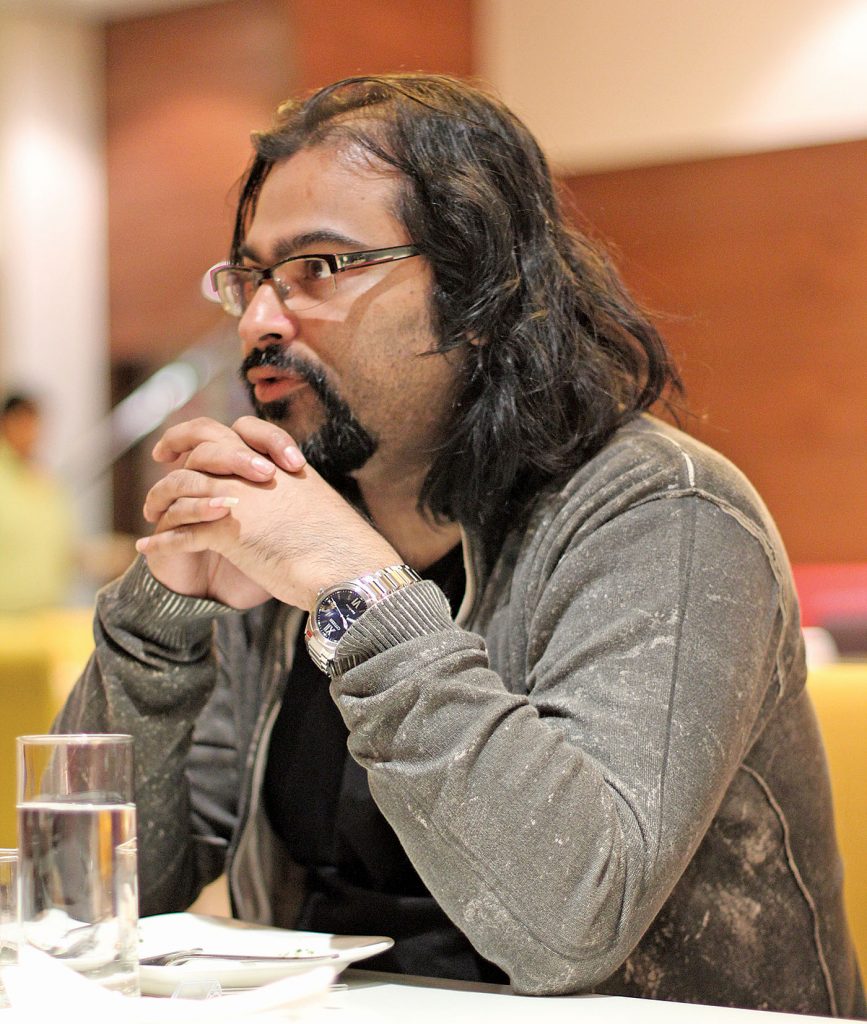
Despite accolades at such an early age, Purbayan knew he could not ride on this throwback for long. Before people could start calling him a clone, he introduced significant changes in his style of playing, following it up by drastically changing his musical persona. “Until I joined Presidency College (to study English Literature), I only spent time with people who were connected with the world of classical music,” he says. “In college, for the first time I was exposed to things beyond this realm. With new friends, I started listening to different genres. I started with The Beatles and eventually found heavy metal and realised I actually enjoyed it.”
His discoveries made him question a number of his beliefs. First among them was that Hindustani music is the worldʼs greatest form of music. “Thatʼs a ridiculous thing to say, but you donʼt assess the thought objectively when youʼre surrounded by people who consider it the gospel truth,” he smiles. “A musician who practices a different genre can claim that his genre is the greatest. And that would be an equally meaningless thing to say!”
Purbayan emphasises that it was his interaction with non-musicians that gave him a new worldview, which, in turn, forced him to rethink his positioning as a musician. First, he knew he had to get off the high horse that most classical musicians are conditioned to believe they are entitled to.
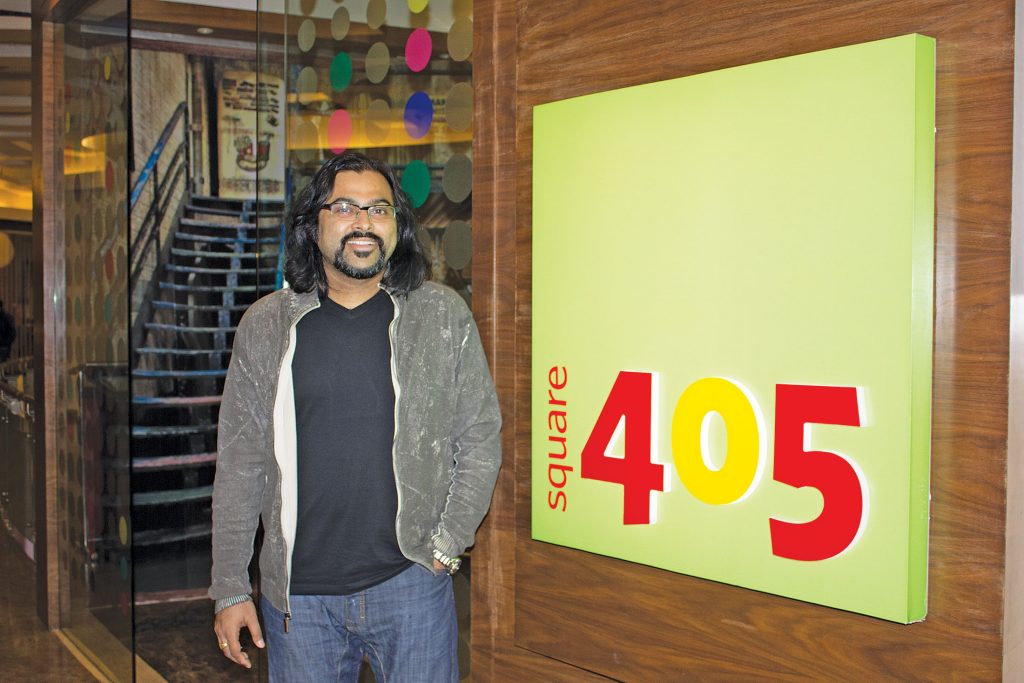
“I pitched my first band, Shastriya Syndicate, as a classical ensemble,” he recalls. “I thought I was doing something holier than those who were doing fusion. Then I realised my snobbery wasnʼt really doing me any good. I discovered that collaborating with other genres of music was challenging and fun. And then I decided to perform both classical and collaborative music and that I wonʼt be coy about the two different worlds that I balance. There are several classical musicians my age who do vodka shots till 6 am, but in concerts and in interviews, you wonʼt get the slightest hint of that side of their personas. They will talk demurely about parampara. I guess it works for them, but Iʼd rather put myself out there the way I am. Yes, I like partying. Yes, I love it when Iʼm thronged by young women for autographs and I donʼt see how or why any of this should compromise my status as a classical musician. As a nation we suffer from sycophancy. Five or six names hogging the limelight impede our ability to grow. Opportunities become limited unless you have connections. It is tough to break through but if you have talent you are bound to breach all barriers. There are no shortcuts. But there is light at the end of the tunnel!”

